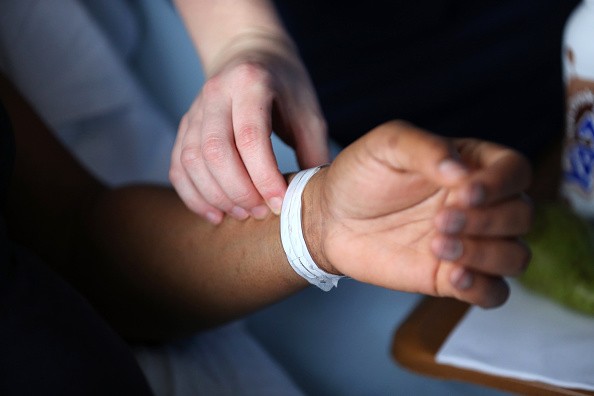
Nursing is dominated by women. It was once a traditional career for women back when not many other jobs were open to them. You would think that nursing would not suffer from a gender-based wage gap. You would think wrong.
Male registered nurses make a little over $5,000 a year more on average than do female registered nurses. This wage gap has been the same since 1988, according to Ulrike Muench, a professor at the University of California at San Francisco. The gap is about the same for most settings and positions.
Muench and her colleagues evaluated data from nearly 300,000 registered nurses around the country between 1988 and 2013. About 7% of the nurses who participated were men. They found that the average salary in 2013 was about $70,000 for male nurses, compared to $60,000 for female nurses. When geography, nursing specialty, and years of experience were accounted for, the difference was reduced to $5,000 on average.
The salary gap was $7,678 in ambulatory care and $3,873 in hospitals, the study found. The wage gap was found in all specialties except orthopedics and ranged from $3,792 in chronic care to $6,034 in cardiology. The position with the biggest pay discrepancy is nurse-anesthetist, where men make an average of $17,300 more than women.
Admittedly, this is a much lower wage gap between men and women than exists in other industries. It adds up, however. Over a 30-year career, a male registered nurse will earn about $155,000 more than a female registered nurse. "Given the large numbers of women employed in nursing, gender pay differences affect a sizable part of the population and their families," Muench said, in a university press release.
There are more than two million registered nurses in the United States. About 10% of them are men. In 1970, about 3% of nurses were men.
The study was published in the Journal of the American Medical Association.



